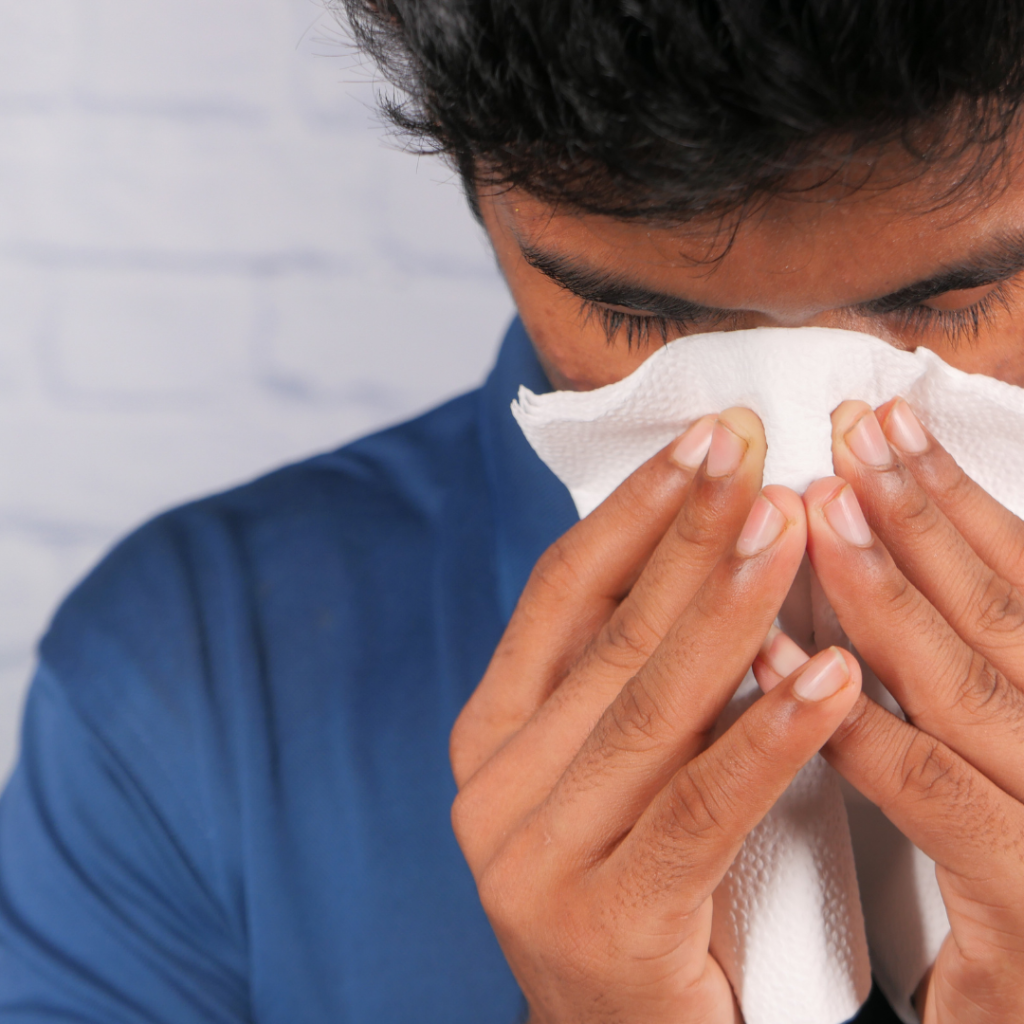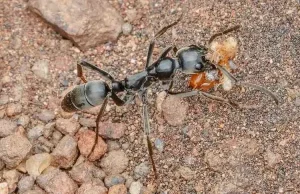Did you know:
- The name Cockroach comes from the Spanish term Cucaracha (deriving from the Latin ‘blatta’), which means “an insect that shines the light’. We find this strange because cockroaches usually hide from light!
- Cockroach fossils have been found dating back more than 200 million years!
- Cockroaches are CANNIBALISTIC! Yes, you may know that they will eat just about anything (fruit, glue, feaces decaying plant and animal matter), but – wow – did you know that they can also eat each other! They only do this when food is scarce or when their population becomes too large to manage (quite hectic population control!)
- Cockroaches will not actually be able to survive a nuclear explosion (this is a common myth). They do however have a much higher tolerance to radiation than people!
- Cockroaches can fit through the tiniest of spaces as they have a unique flexible As a result, they can squeeze through spaces as small as a ¼ of their body height.
- Cockroaches breathe through tiny holes called spiracles on the sides of their body. This allows them to live for 7 days without their heads! They can also go a month without eating!
- Cockroaches are notorious for spreading disease. They don’t carry the diseases themselves, but they carry the actual organisms that cause diseases. These organisms are spread through cockroach saliva, droppings and direct contact (when cockroaches walk on the surfaces that you touch or prepare your food on). The diseases include diarrhea, dysentery, cholera, leprosy and salmonella to name a few.
Cockroaches are one of the most common triggers of allergies in adults and children. Statistics show that children are more susceptible to cockroach allergies than adults.
People are allergic to the enzymes in proteins that are found in the saliva and excrement of cockroaches. These proteins can spread through homes (like dust).
What are the most common symptoms of cockroach allergies?
- These symptoms may be thought to be seasonal, but will last longer than the respective season for which these symptoms are usually associated with:
- Coughing
- Sneezing
- Nasal Congestion or sinus infections
- Ear infections
- Skin rash
- Itchy skin, nose, throat or eyes
- Runny nose or postnasal drip
How do you know if you are allergic to cockroaches?
- This can be difficult to know as symptoms of cockroach allergies are very similar to those of most other allergies. You can, however, get a diagnosis from a doctor who will most likely conduct one of two allergy tests; a blood test or a skin patch test.
What can we do to help avoid cockroach allergies?
- Keep your home/ workplace neat and clean.
- Make sure your kitchen and tables are cleaned of any food residue and crumbs.
- Seal any damp areas or leaks that would allow cockroaches easy access to water.
- Keep food in tightly sealed containers.
- Make sure all garbage bins have tightly fitted lids.
- Sweep and mop floors regularly.
- Use traps or pest management methods to repel cockroaches.
Cockroach allergies are also known to trigger, worsen or cause asthma in both adults and children. This is more common in urban areas where cockroaches are often found in larger numbers.
When should you see a doctor?
- If you have mild symptoms, over-the-counter medication should give you some relief, but it may be time to see a doctor for a prescription if these medications are no longer working.
- Allergy severity differs from person to person. You should seek emergency medical help if your symptoms are severe, e.g. Anaphylaxis, hives, swollen throat or dizziness.
Cockroach allergies are very common. It may help to know if your allergies are in fact caused by Cockroaches, so you know what preventative measures to take.
As they say, ‘prevention is better than cure’.
It may be in your best interest to have your home or workplace professionally treated to prevent an infestation which could lead to severe health problems causing discomfort and possibly further financial strain.





